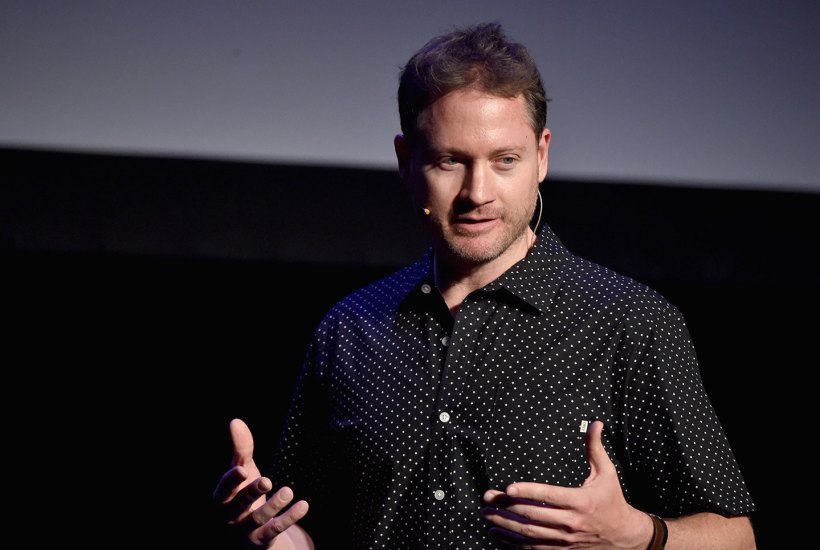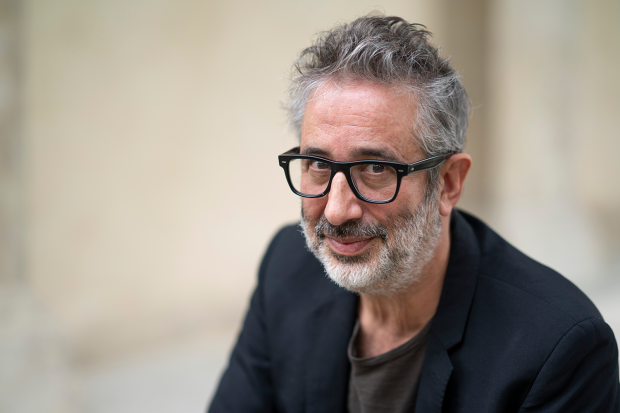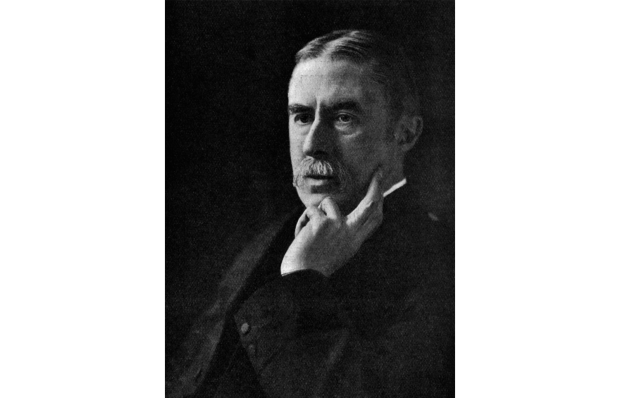The Immortals, which begins on Radio 4 this week, is not for the faint-hearted. While it professes to be about the human quest for longevity and the elusive ‘cure’ for getting older, it focuses largely upon the transferral of blood plasma from healthy young people to reluctantly ageing people, or, as anyone with good sense might put it, the desperate descent from vanity to vampirism.
I was on the verge of switching over to something more anodyne when a 46-year-old tech entrepreneur began talking about being injected with plasma from his 17-year-old son. Bryan Johnson, who sold his company to PayPal for $800 million in 2013, does not even sound as if he is trying to shock when he explains: ‘I of course have the best intentions for my son for his health and wellness, but I have never paid as close attention to what he’s eating than prior to this plasma phase, because that’s going into my body, so he was a proxy for my own existence.’
I could not tune out at this point; nor when Johnson went on to reveal that he had given some of his own blood plasma to his elderly father. If ever there is a basis for a new Francis Ford Coppola film, I thought, here it is. Since the programme was recorded, Johnson has tweeted that he is discontinuing his own treatment, with ‘no benefits detected’.
The presenter of the ten-part series, Aleks Krotoski, a technology reporter and psychologist, pre-empts her listeners’ reaction at almost every turn but somehow manages to avoid sounding too squeamish. Most of the people she is concerned with are Silicon Valley hotshots who view death as just another hurdle that might be overcome with the right investment and data. Johnson is certainly not alone in turning to algorithms, ‘caloric restriction’ (that’s dieting to you and me) and young blood in his mission ‘to live a large number of tomorrows’. His annual outlay of $2 million towards this goal arguably isn’t the biggest price he pays.
The series makes for uncomfortable but compelling listening. If the discussions of early experiments on mice tissue begin to pall fairly quickly, the human stories consistently draw you back. Following conversations with the anything-is-possible billionaires, it is sobering to hear a young journalist from New Scientist justify to herself – and to us – her plans to undergo plasma treatment in a bid to feel less ‘broken’ following the birth of her twins.
A willingness to contemplate a process aimed at extending life, when desperation might more easily prompt thoughts of the reverse, feels somehow salutary. A thirst for blood perhaps needn’t always be a matter of the ego.
The life well lived is the perennial theme of This Cultural Life. Unlike Last Word, Radio 4’s flagship obituary programme, or Great Lives for that matter, its subjects are still alive and throbbing with plasma and therefore able to recount their own stories. As biographical radio programmes go, it is hard to beat for the quality of its guests and questions; host John Wilson is simply superb.
The way he won the confidence of his latest interviewee, the French-Moroccan novelist Leïla Slimani, was particularly impressive. Slimani had been describing with much candour the imprisonment of her late father, a former government minister falsely convicted of fraud, and the impact this had upon her childhood. Her desire to write, she explained, developed out of a desire for revenge. Her father was cleared of all charges six years after his death.
Slimani’s determination to clear her family name and the association between it and ‘prison’ is understandable enough. But with some careful prompting from Wilson, she also reasoned that she was, ‘in a way’, grateful that her father was dead, since his death freed her to write the sort of provocative fiction for which she’s now celebrated. It was fascinating to hear her express, always beautifully, her doubts over whether she could have written Adèle, a novel about sexual addiction, with her father’s eyes still upon her.
This Cultural Life is rarely more interesting than in the extended minutes it devotes to its guests’ early years. There’s no therapising, just reflection. I was struck, for example, by filmmaker Sally Potter’s cautiousness in describing her childhood as either ‘happy’ or ‘relentlessly unhappy’ in a recent episode, and by Melvyn Bragg’s confession that his first memories are literally enveloped in darkness thanks to the wartime blackout blinds. His flashbacks included pieces of laundry dangling outside his Cumbrian council house each Monday like ‘ghostly figures’, as if to illuminate the way.
Whether an immortal could frame their life story as poetically as this remains to be seen.
Got something to add? Join the discussion and comment below.
Get 10 issues for just $10
Subscribe to The Spectator Australia today for the next 10 magazine issues, plus full online access, for just $10.
You might disagree with half of it, but you’ll enjoy reading all of it. Try your first month for free, then just $2 a week for the remainder of your first year.














Comments
Don't miss out
Join the conversation with other Spectator Australia readers. Subscribe to leave a comment.
SUBSCRIBEAlready a subscriber? Log in